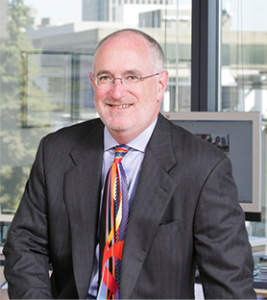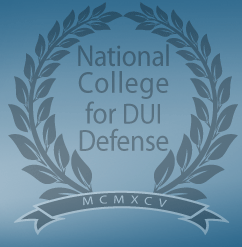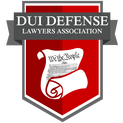Recent changes make BUI penalties just as harsh as DUI laws. The Legislature made four major changes to BUI laws:
- Previously, BUI was punishable by no more than 90 days in jail and a $1,000.00 fine. Now BUI is a gross misdemeanor – the same as a DUI – and BUI skippers can be punished by up to 364 days in jail and up to a $5,000.00 fine.
- Before, there was no Washington penalty for refusing a breath test or a blood test (although the US Coast Guard could impose up to a $7,000.00 civil penalty – usually a $500.00 penalty for refusing a chemical test). Now, anyone boating in Washington gives their “implied consent” to a breath test or a blood test. BUI skippers who refuse a chemical test can be fined $1,000.00.
- Formerly, although it was illegal to operate a boat under the influence of marijuana, there was no specific illegal marijuana level. Now, like drivers, boaters can be convicted of BUI if their THC blood concentration is 5.00 or more.
- Even though DUI law changes prevent officers from taking a driver’s blood unless the officer gets a search warrant, the driver’s consent (most drivers would be foolish to consent) or exigent circumstances, the new BUI laws give officers permission to take blood in much broader circumstances, and to impose the $1,000.00 penalty for drivers who refuse a blood test.
These recent BUI law changes make a BUI charge much more serious than it was even a year ago.










